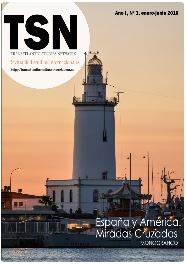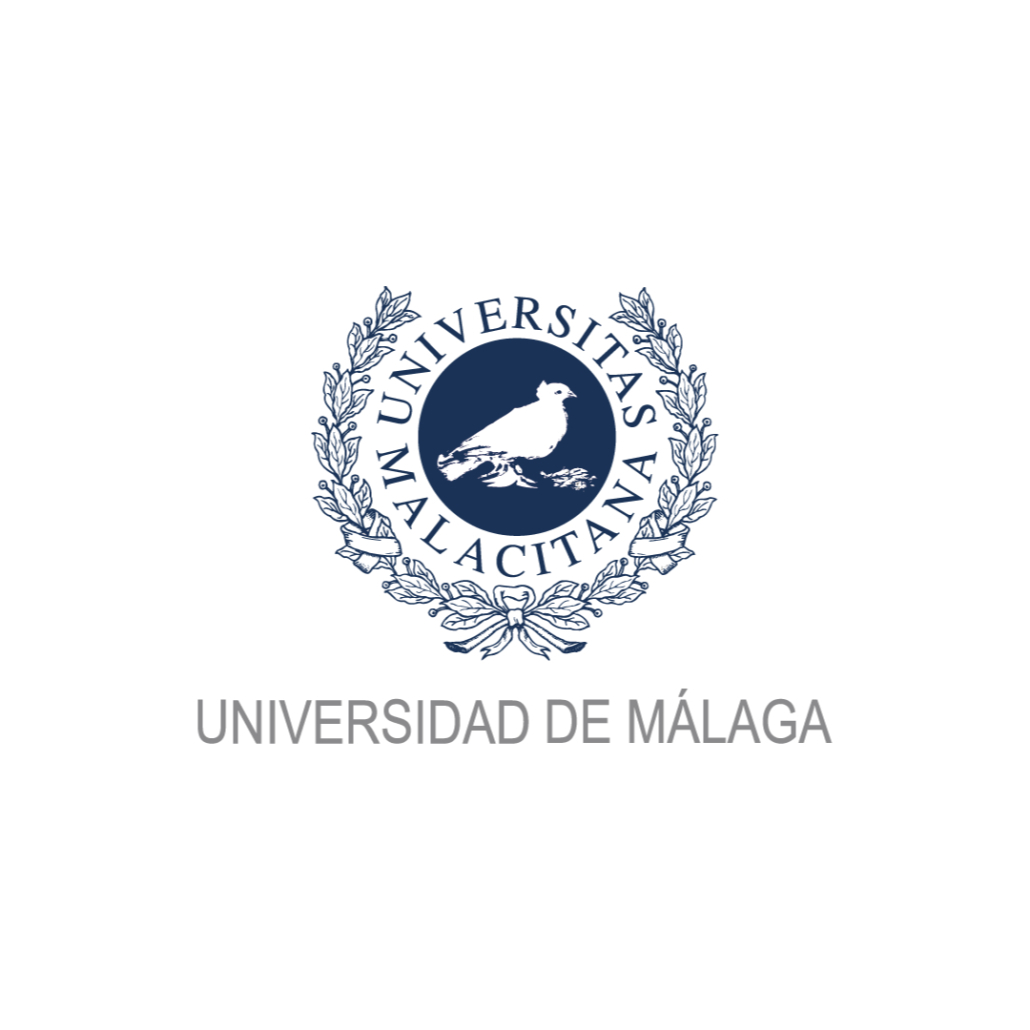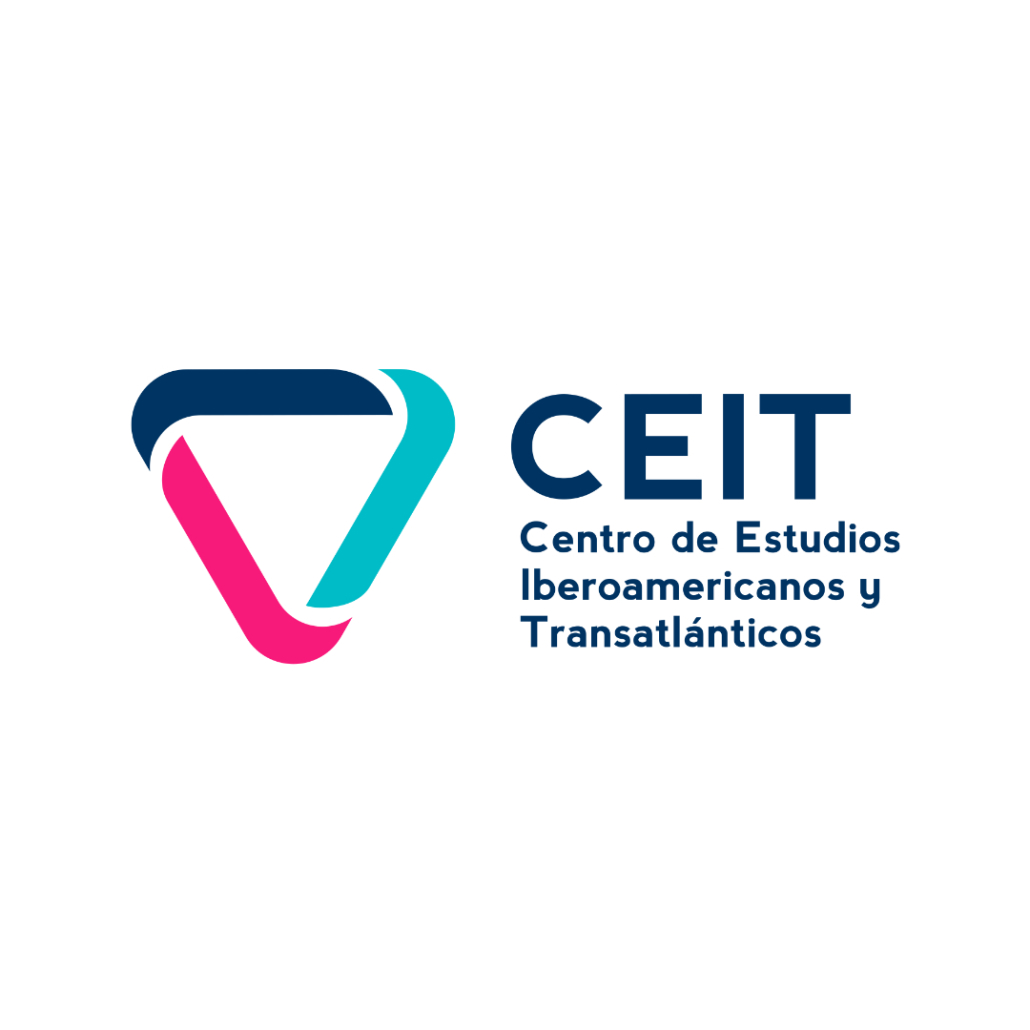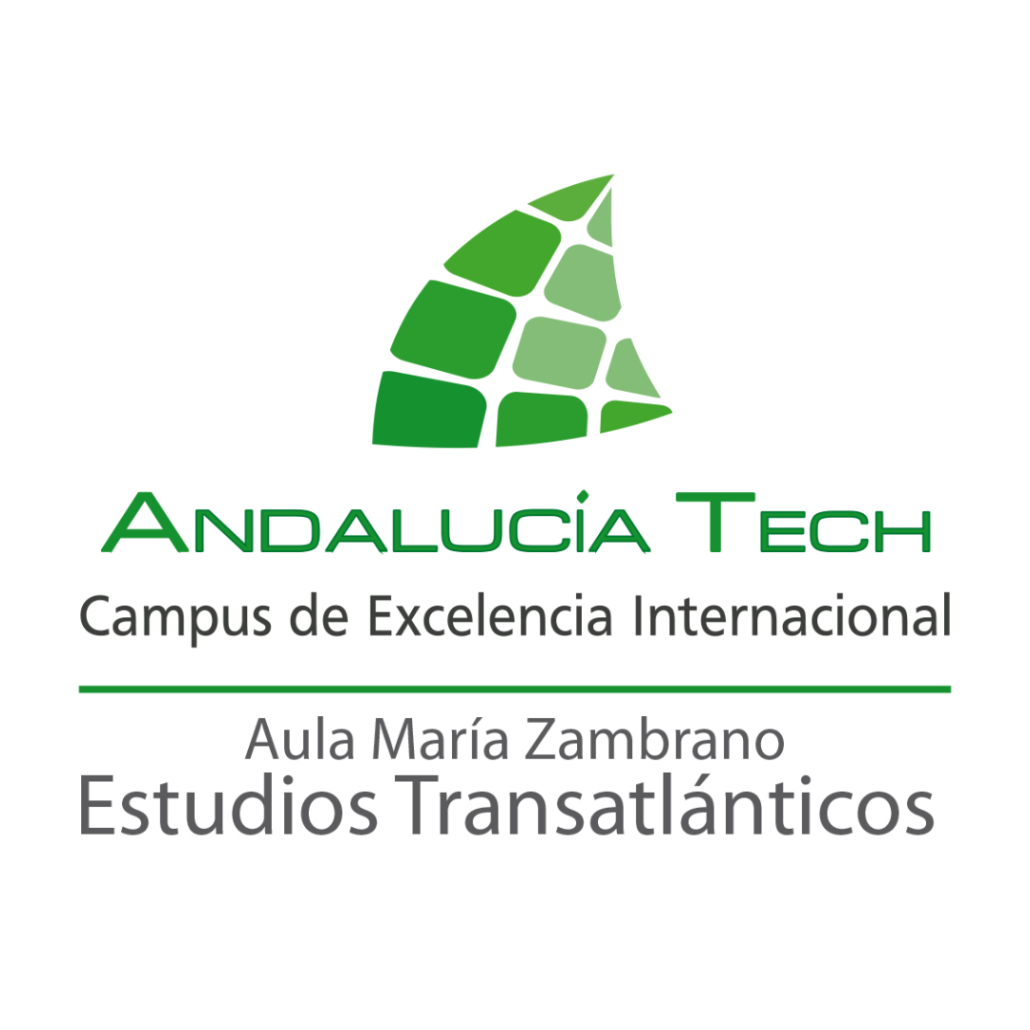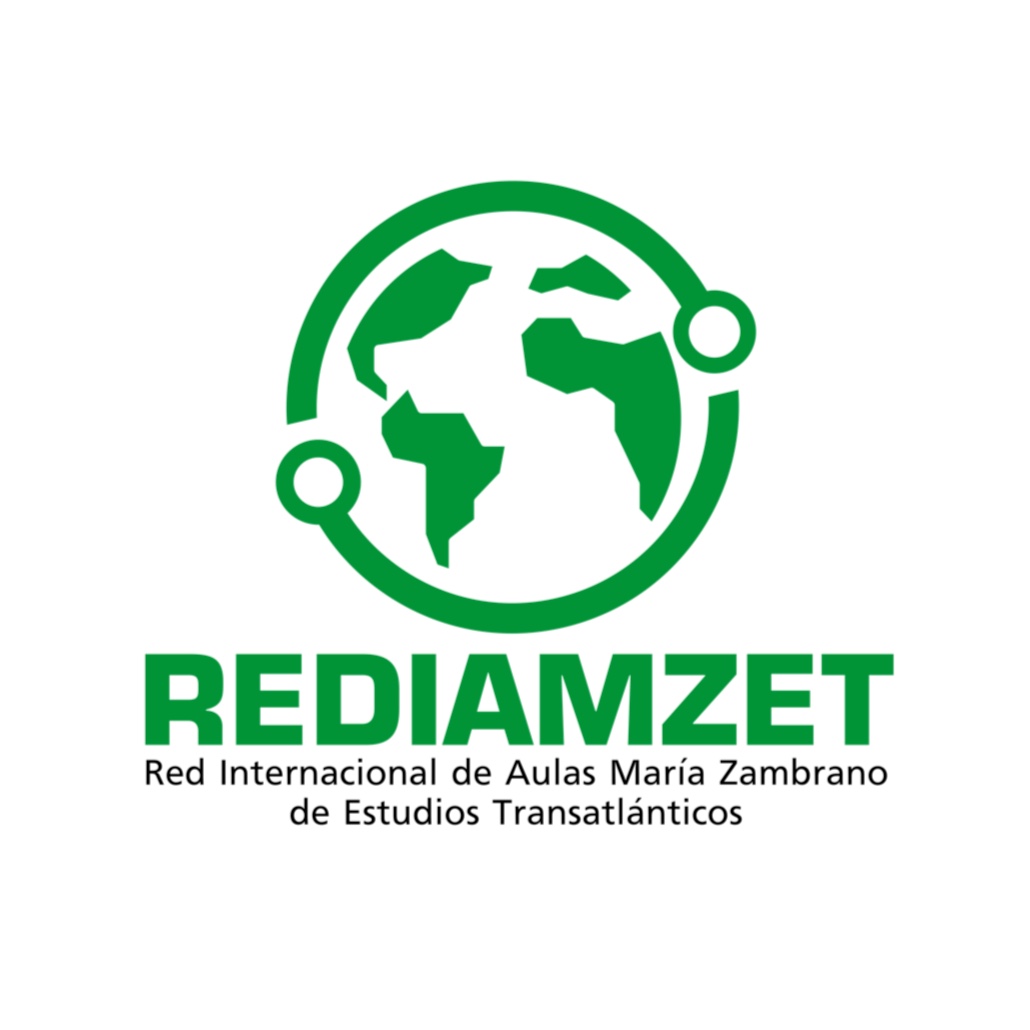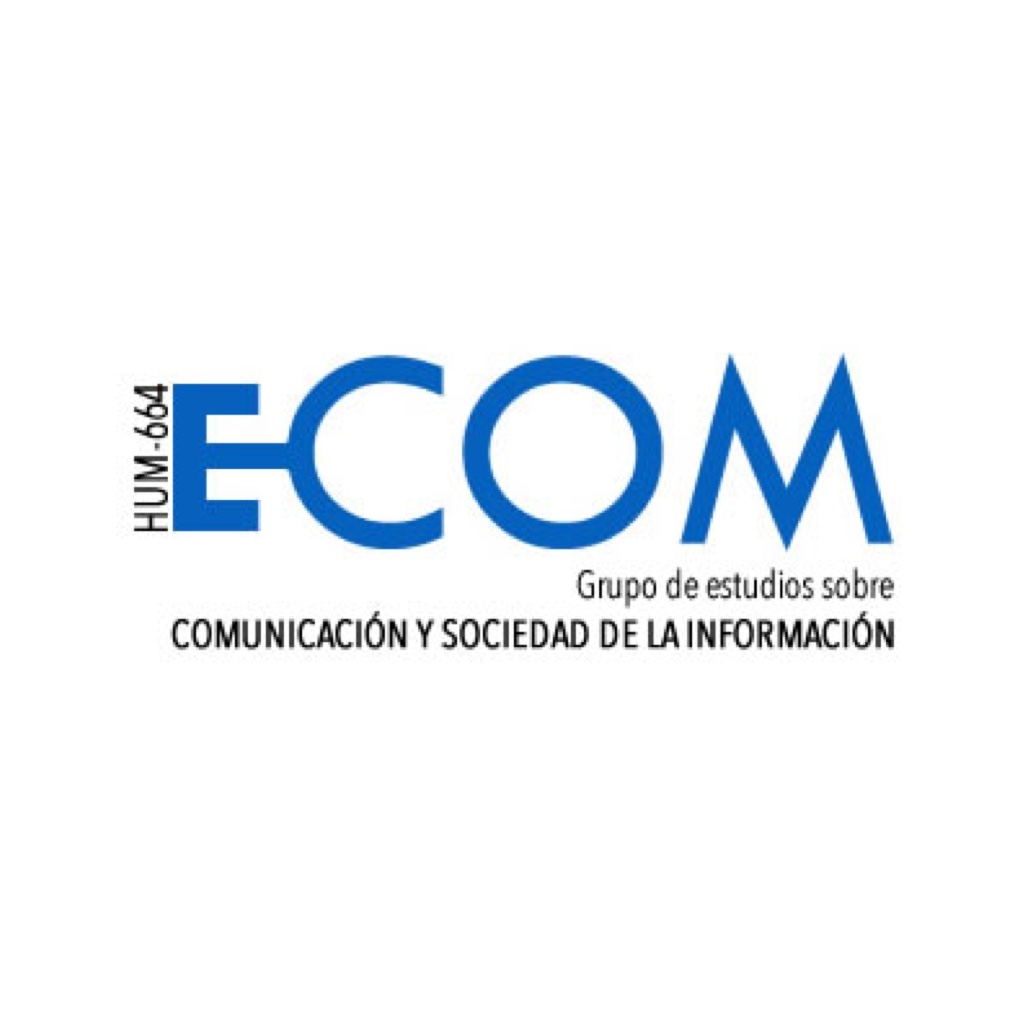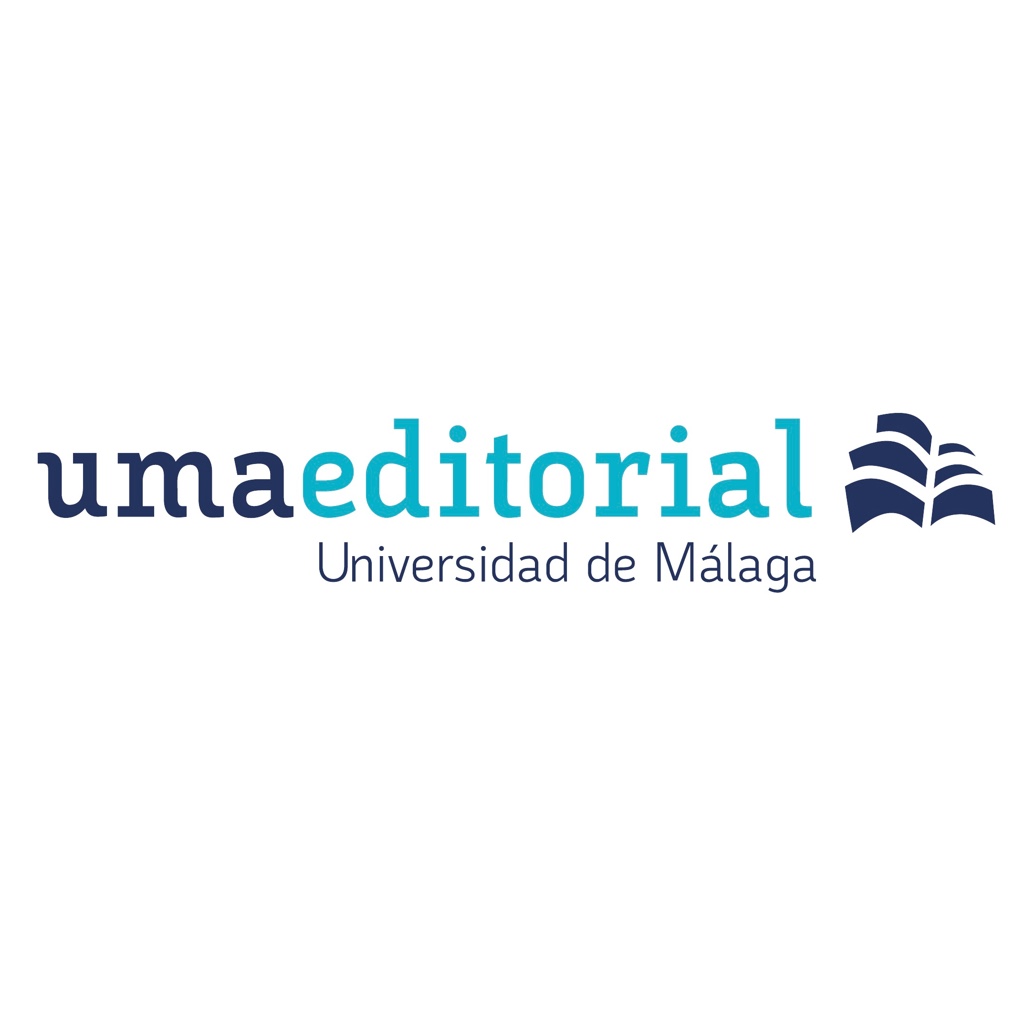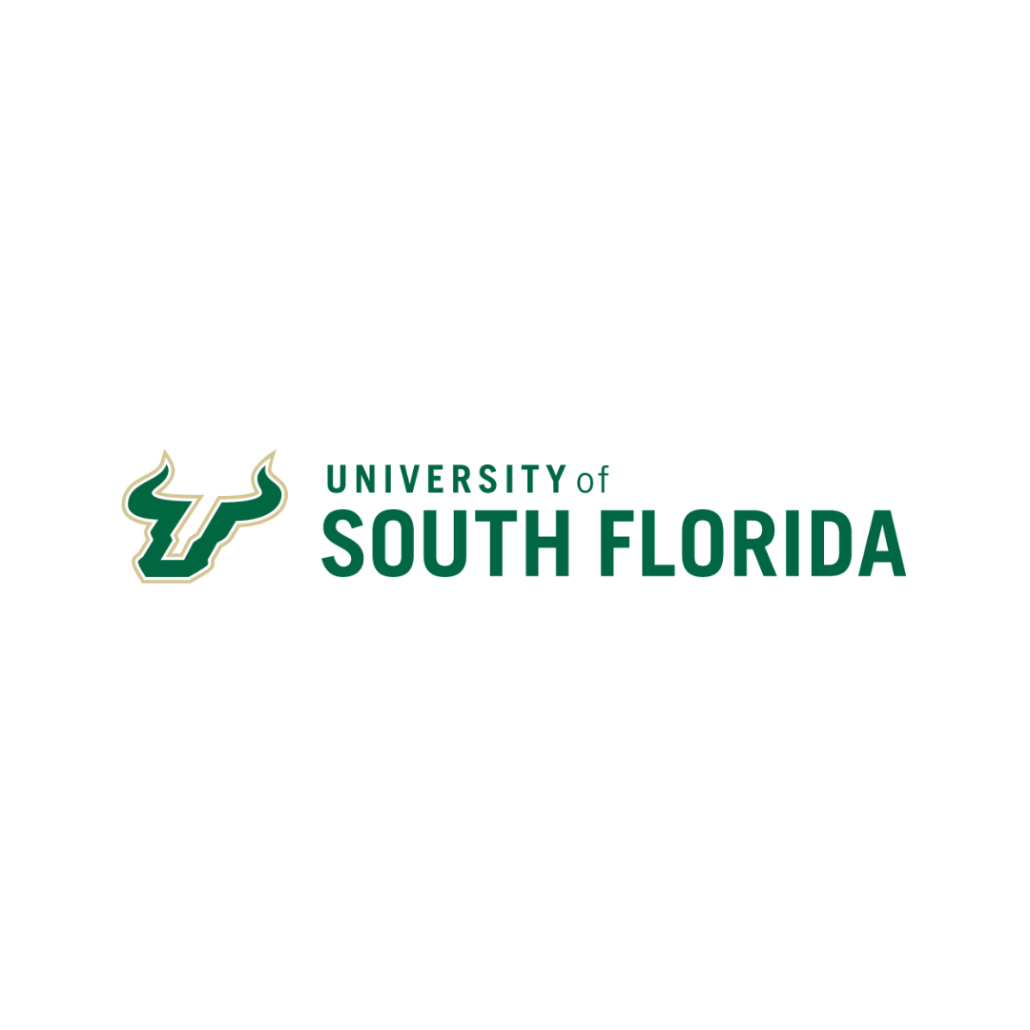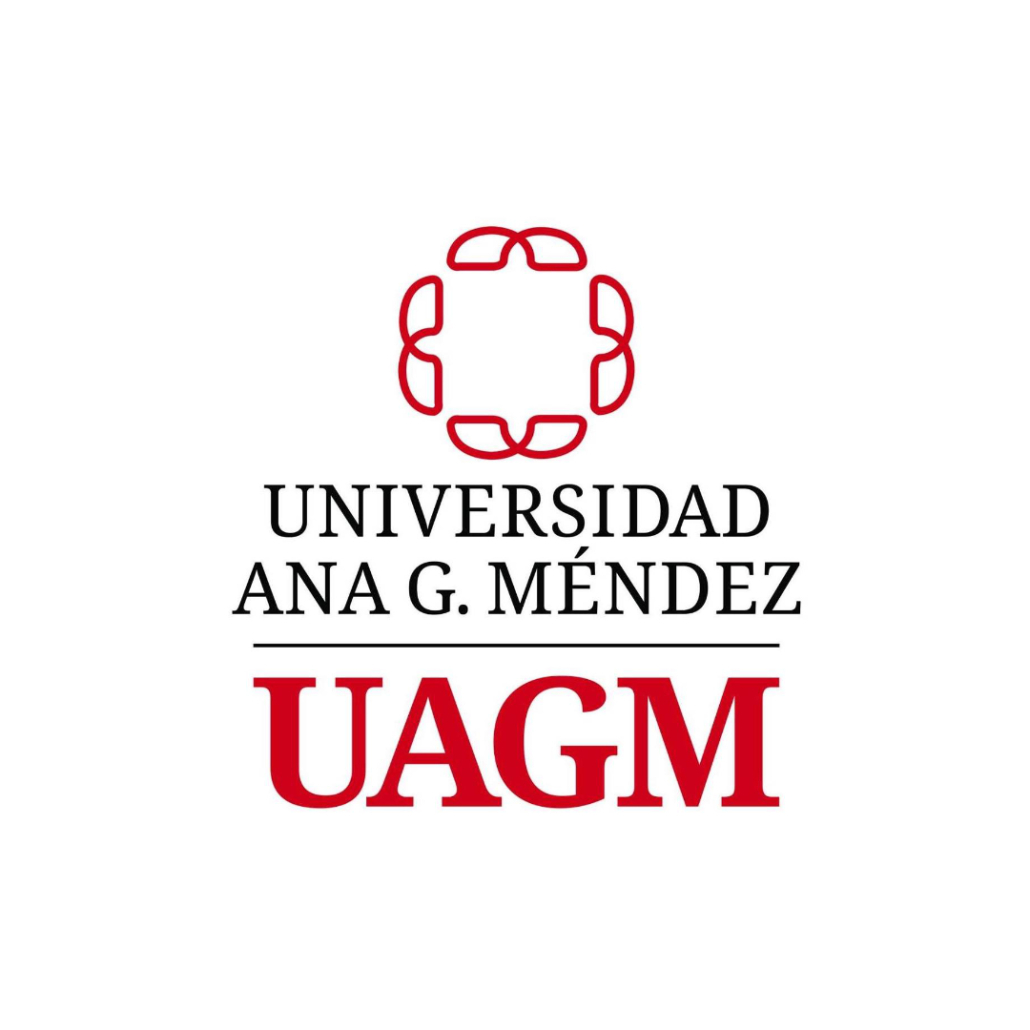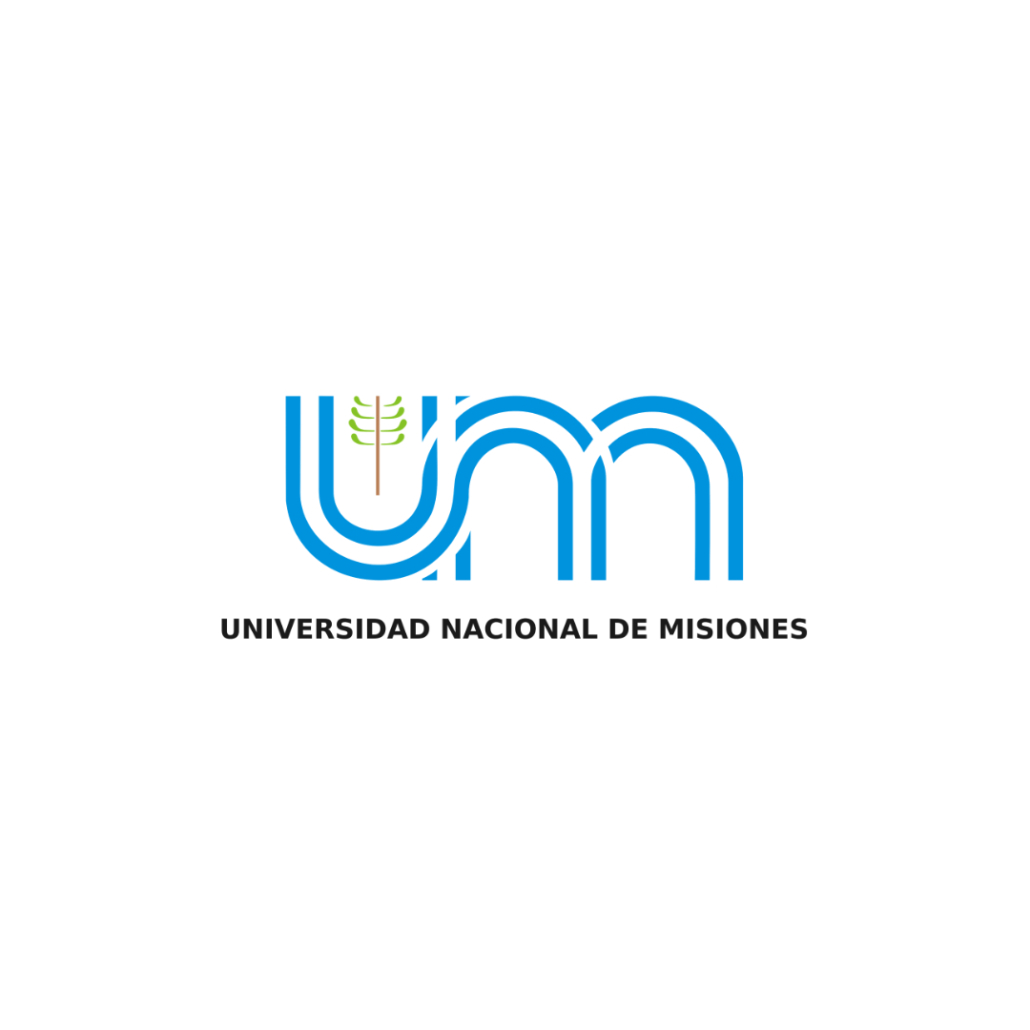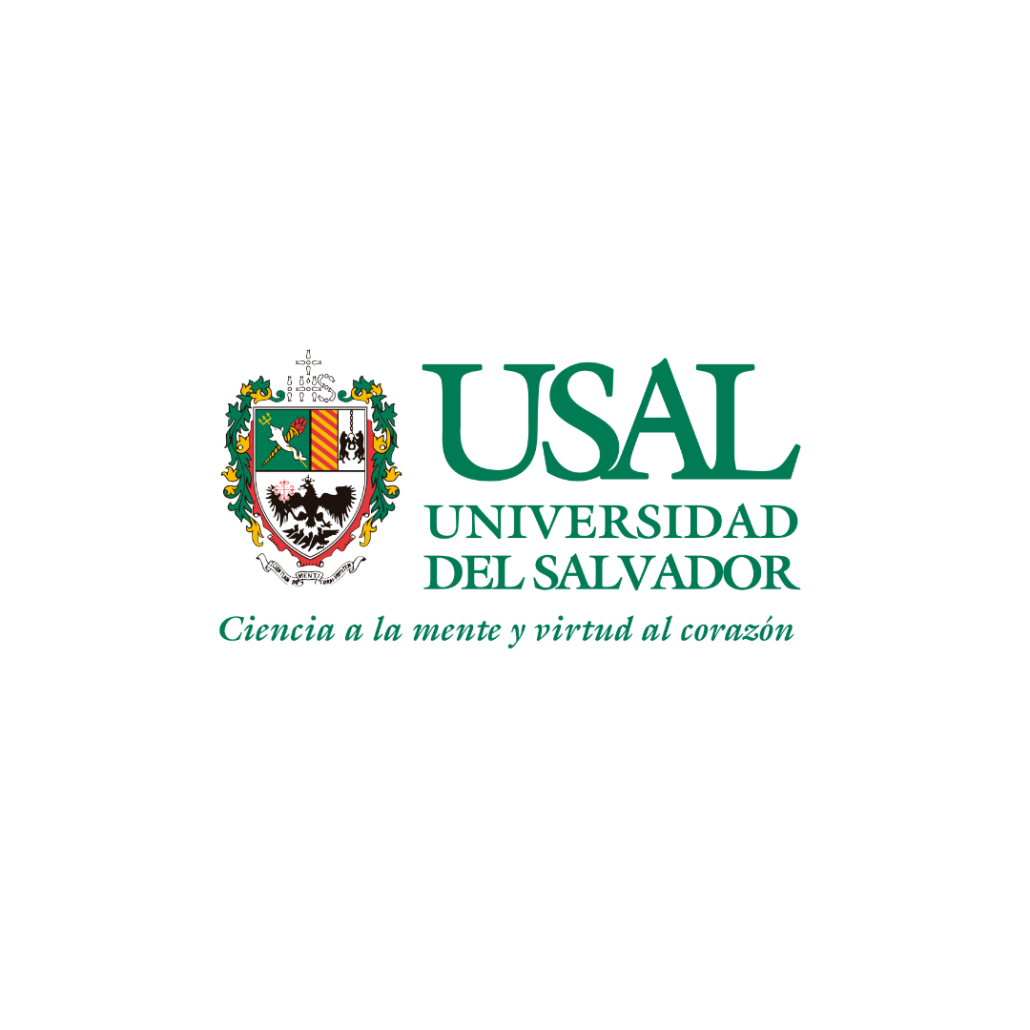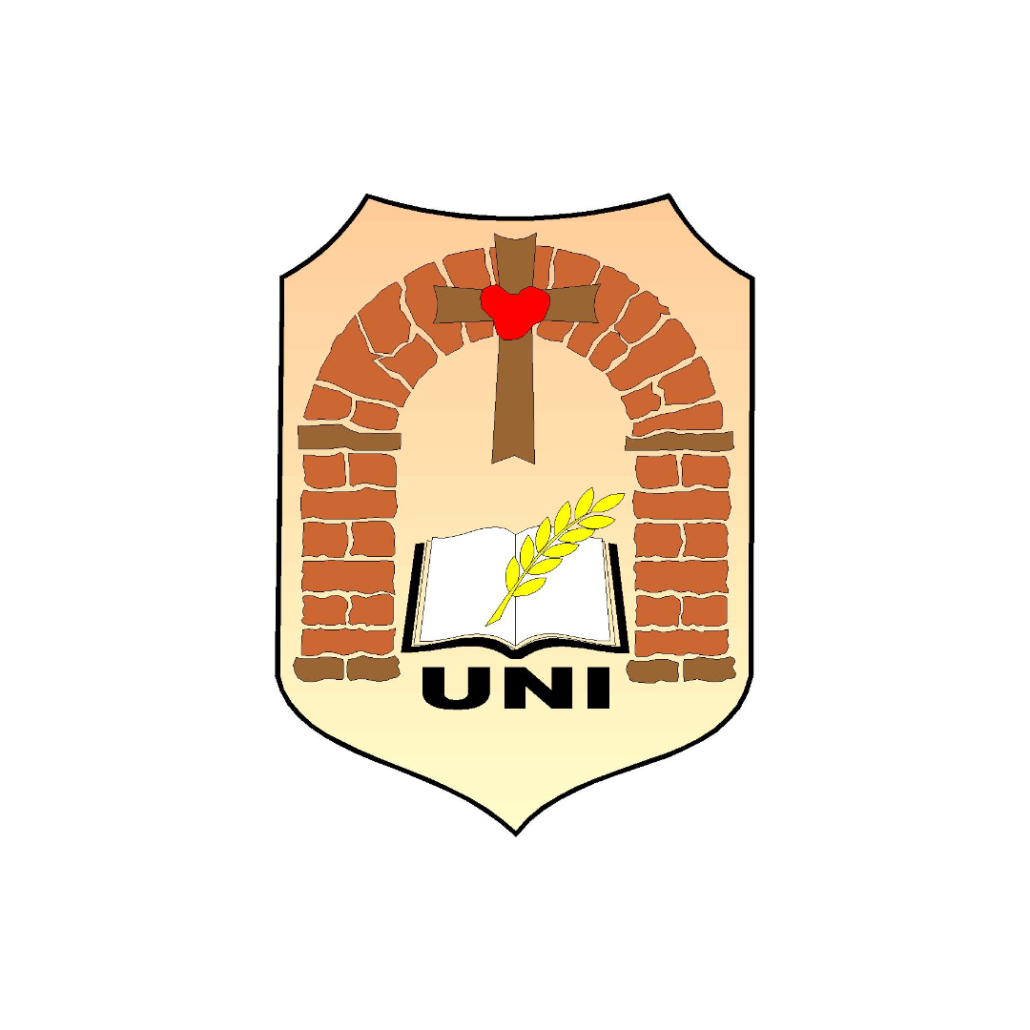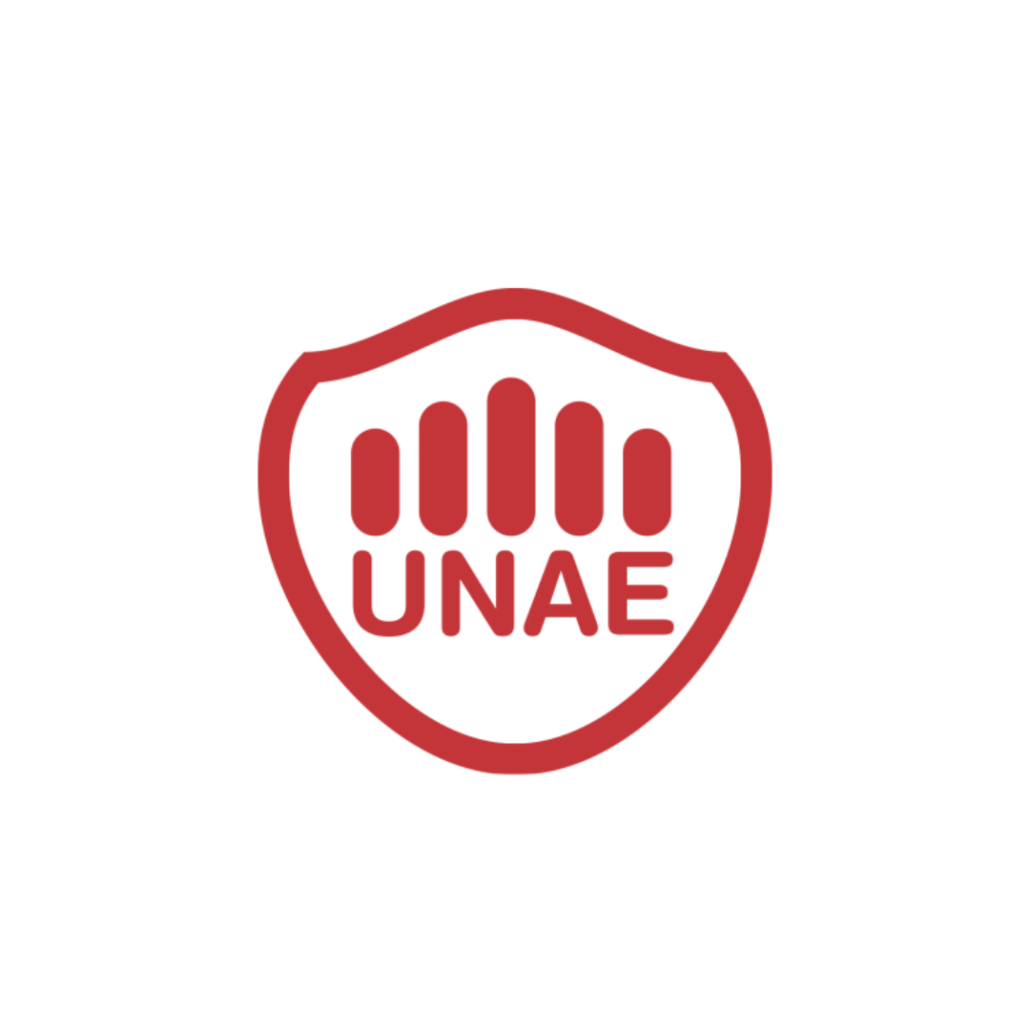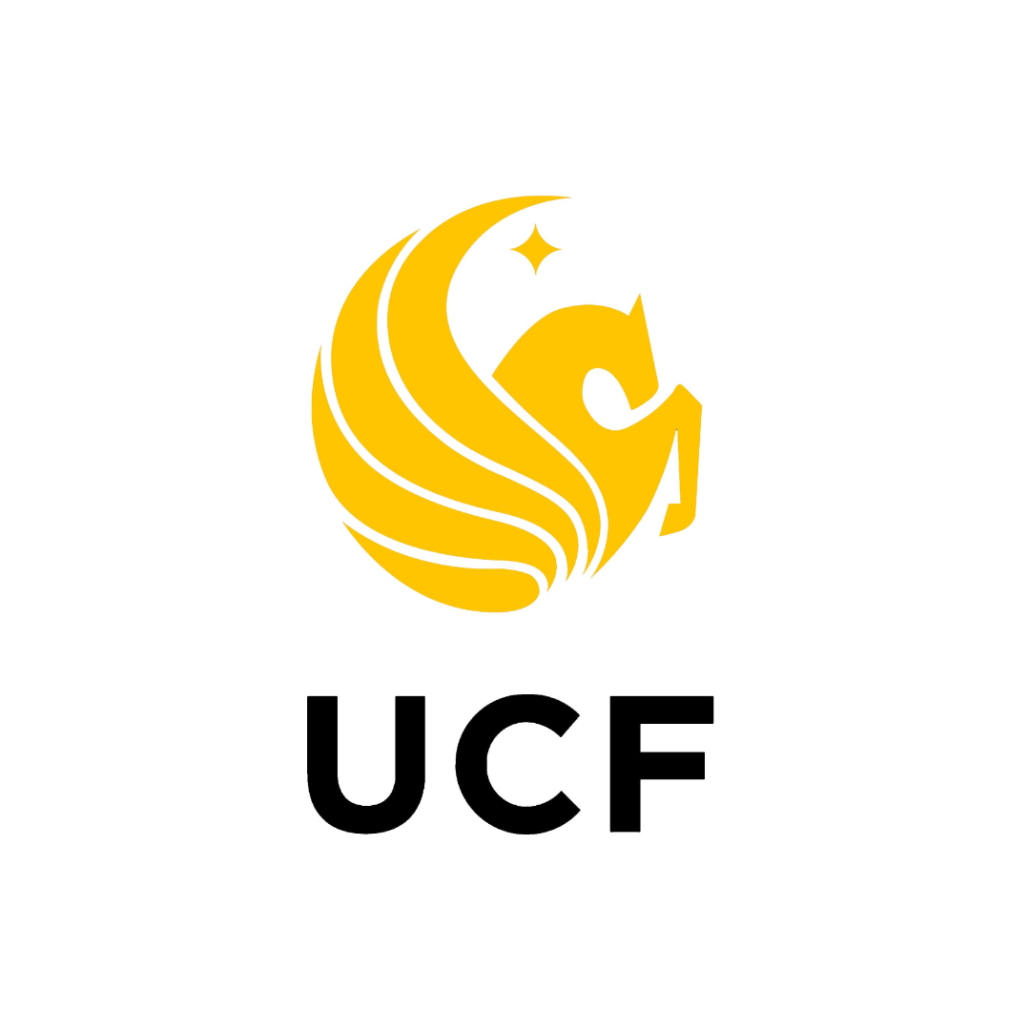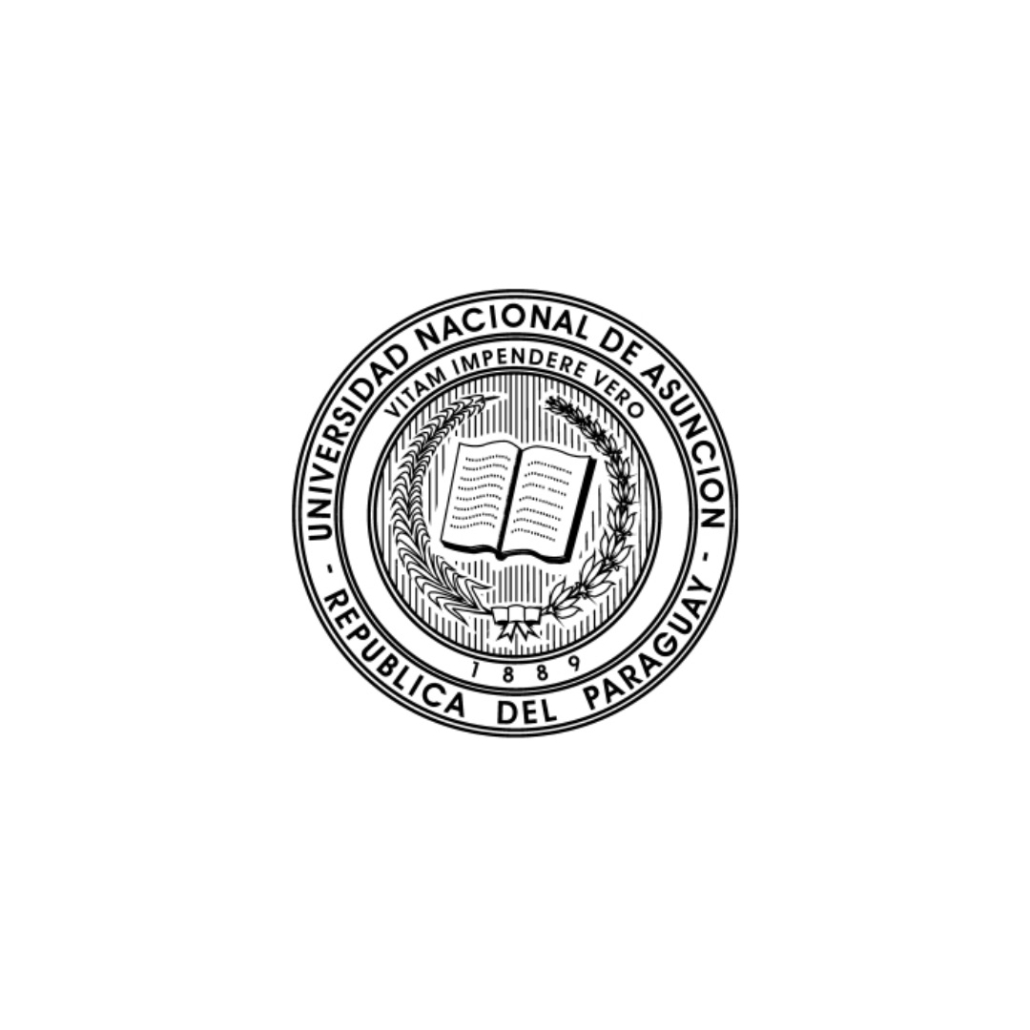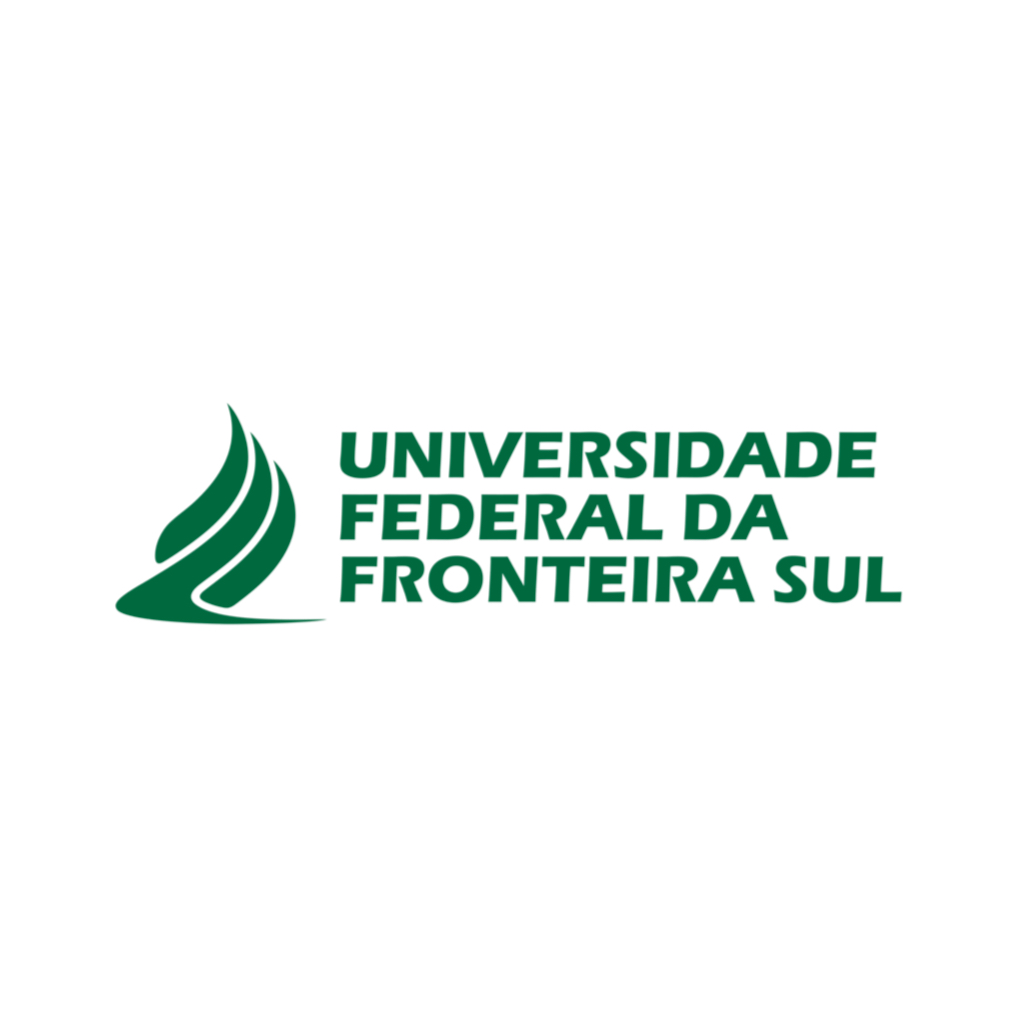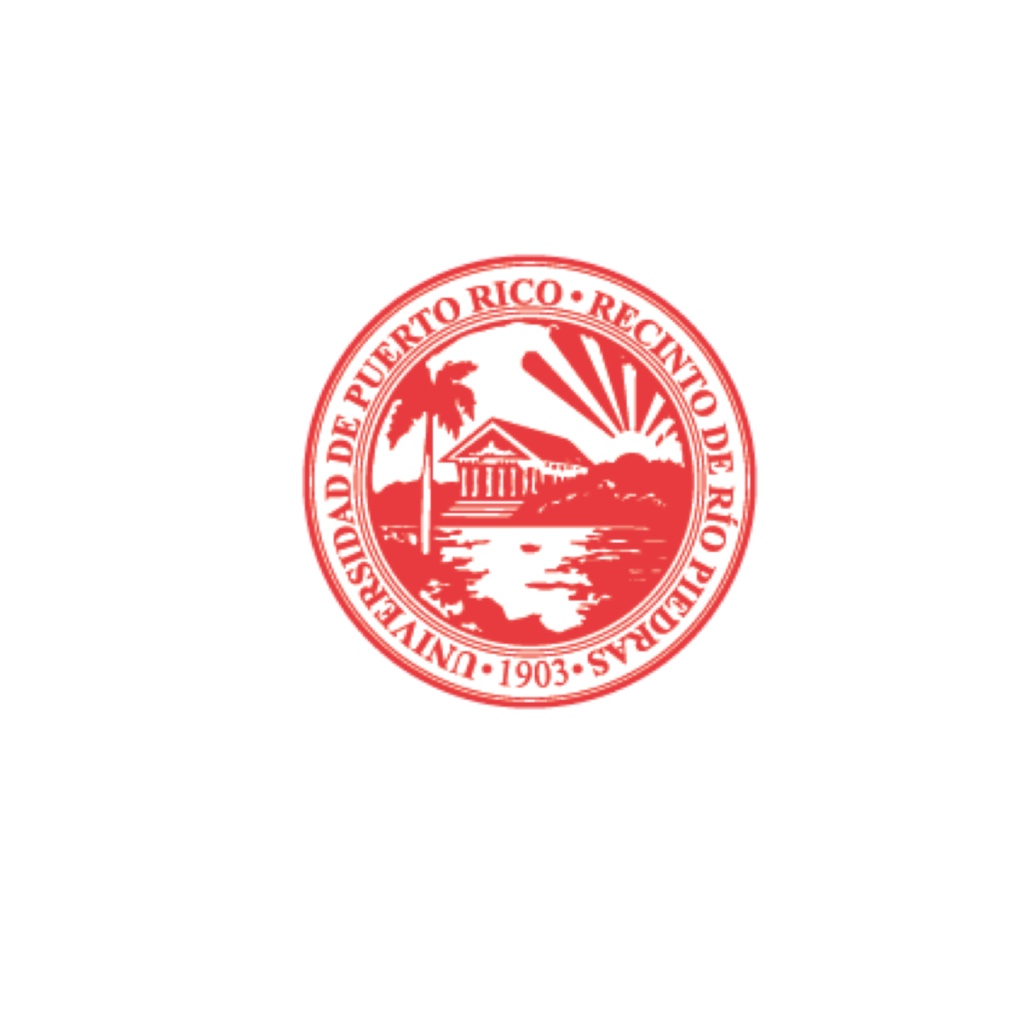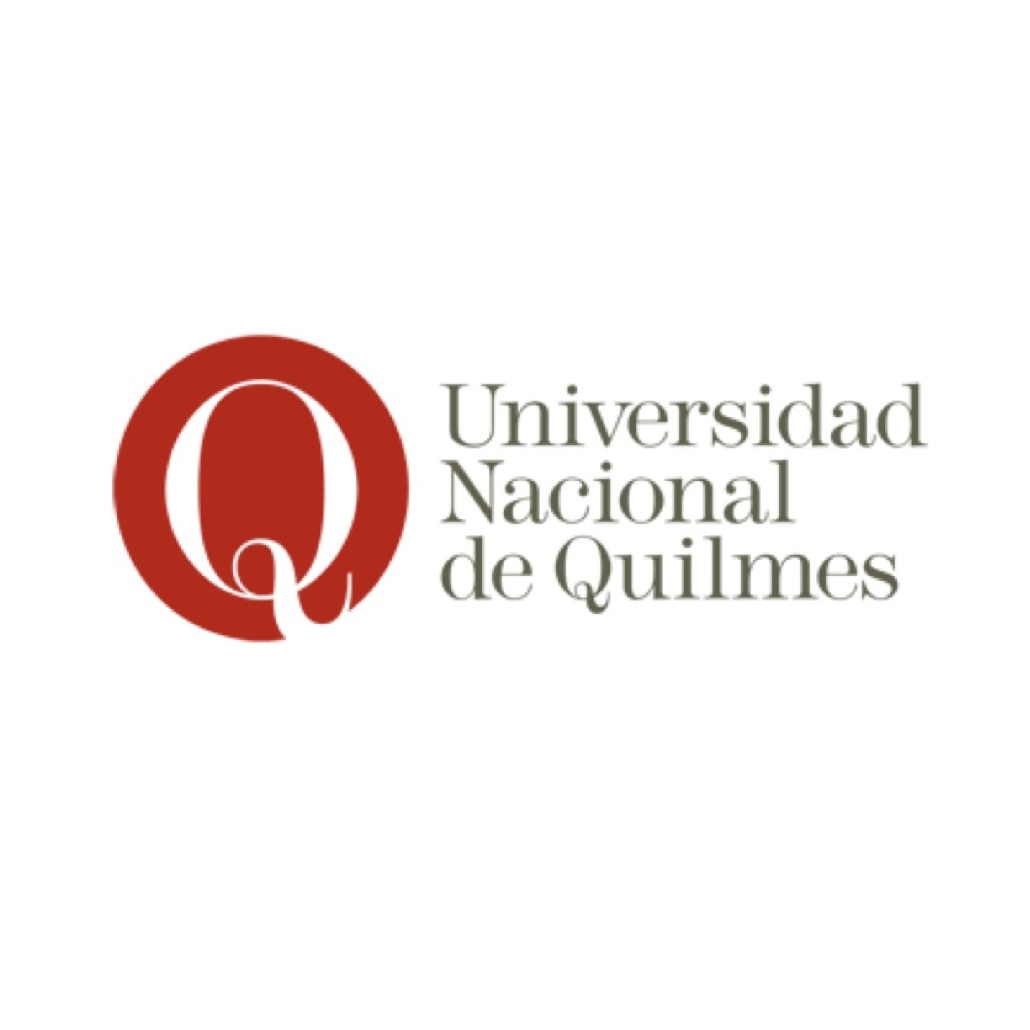International Studies in the context of the North American University
DOI :
https://doi.org/10.24310/tsn.1.2016.19142Mots-clés :
Transatlantic studies, area studies, Latin American studies, Iberian studies, international studies, American studies, Title VI, Higher Education Act (1965), Atlantic World history, Transatlantic Studies AssociationRésumé
This essay traces the 20th Century precursors to the development of “transatlantic studies” in the early 21st century. The essay argues that “transatlantic studies” was a natural response to the crisis around “area studies” that emerged after the end the Cold War. The end of the Cold War as well as intellectual, ideological, structural and fiscal changes in higher education in the United States prompted area studies scholars to reconsider and to reconfigure the interdisciplinary disciplines of area studies. “Transatlantic studies” provided a more fluid and dynamic framework for transnational interdisciplinary scholarship than had traditional area studies. In turn, the birth and development of «area studies» owed much to the earlier fields of “international studies” and “American studies”.
Téléchargements
Métriques
Téléchargements
Publiée
Comment citer
Numéro
Rubrique
Licence
(c) Tous droits réservés TSN. Transatlantic Studies Network 2024

Ce travail est disponible sous licence Creative Commons Attribution - Pas d’Utilisation Commerciale - Partage dans les Mêmes Conditions 4.0 International.

